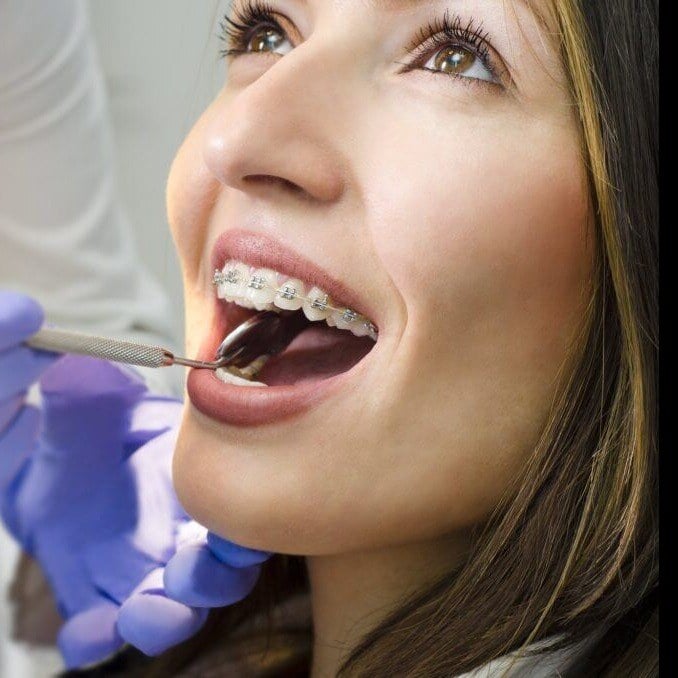Cleaning: How to Prepare and Recover
Cleaning Your Teeth: Everything You Need to Know
Regular dental cleaning is an important part of maintaining healthy teeth and gums. It involves removing plaque and tartar build-up, which can lead to tooth decay and gum disease if left untreated. In this blog post, we will cover everything you need to know about dental cleaning.
What is Dental Cleaning?
Dental cleaning, also called prophylaxis, is a preventive dental procedure that removes plaque, tartar, and other dental debris from your teeth. It involves using specialized tools to scrape and polish your teeth, eliminating bacteria and other harmful substances.
Why is Dental Cleaning Important?
Dental cleaning not only helps to prevent tooth decay and gum disease, but it can also improve the overall health of your body. Recent studies suggest that good oral health may reduce your risk of heart disease, stroke, and other health issues.
Who Needs Dental Cleaning?
Everyone should have regular dental cleaning, regardless of how well they brush and floss their teeth. It is especially important for those who have a history of gum disease or tooth decay, as well as those who have not visited a dentist for a long time.
How Can You Prepare for Dental Cleaning?
Before you have your dental cleaning, make sure to brush and floss your teeth. This will help to remove any food debris and make it easier for your dentist to clean your teeth. You may also want to notify your dentist if you have any medical conditions that could affect your dental health.
What Can You Expect During Dental Cleaning?
Dental cleaning typically takes between 30 minutes to an hour, depending on the condition of your teeth and gums. You will be seated in a dental chair and your dentist or dental hygienist will use specialized tools to clean your teeth. You may also receive a fluoride treatment to strengthen your teeth.
Do’s and Don'ts to Recover After Dental Cleaning?
After your dental cleaning, it is important to maintain good oral hygiene habits, such as brushing and flossing. Avoid eating or drinking anything for at least 30 minutes after fluoride application. You should also avoid smoking and using alcohol-based mouthwash for at least 24 hours after your cleaning.
Results of Dental Cleaning
After dental cleaning, you will experience cleaner teeth and fresher breath. It will also help prevent cavities and gum disease, which can save you time and money in the long run. You may also notice that your teeth look brighter and cleaner.
Risks of Dental Cleaning
There are few risks associated with dental cleaning. However, if you have sensitive teeth or gums, you may experience some discomfort during the cleaning. Some people may also experience bleeding gums or minor swelling after dental cleaning, but this should subside within a few days.
When Should You Contact Your Dentist After Dental Cleaning?
If you experience any unusual symptoms after your dental cleaning, such as bleeding that does not stop or persistent pain, contact your dentist right away. These symptoms could be a sign of a more serious dental issue.
We hope this blog post has given you all the information you need to know about dental cleaning. Remember, regular dental cleaning is an important part of maintaining good oral health and overall well-being.

.png?width=80&height=80&name=Clove%20Dental%20White%20Small%20(28).png)


.jpg?width=352&name=image(15).jpg)
